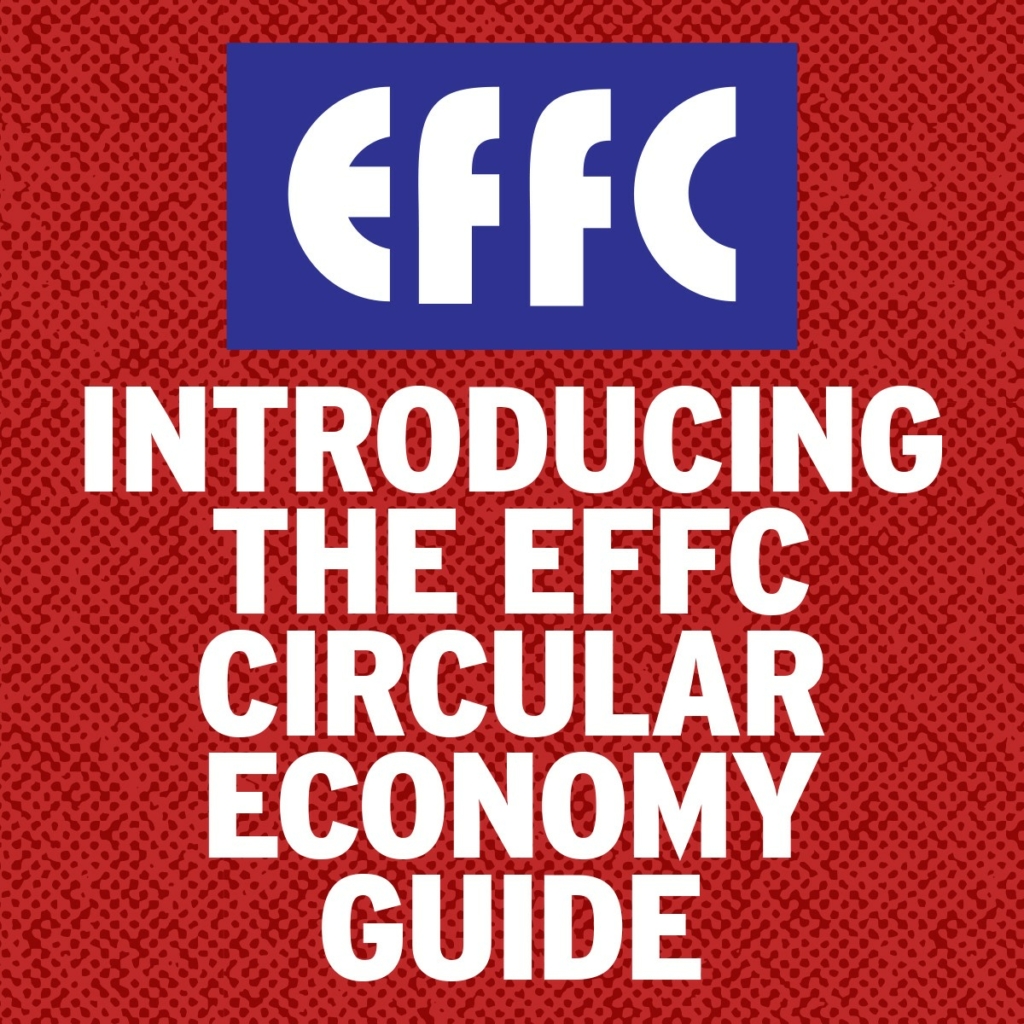Back to Webinars
Introducing the EFFC Circular Economy Guide
This free one hour webinar took place on Wednesday 6th December at 1-2pm (GMT). The webinar introduced the EFFC Circular Economy Guide, and was Chaired by Luke Deamer (Group Sustainability Manager at Keller).
In the UK, construction, demolition and excavation account for 60% of material use and waste generation. Yet geotechnical contractors can, and will have to, make a big difference to improving this number.
Through this webinar, attendees discovered insights from the latest EFFC guidance on sustainability, focused on the circular economy:
• What is the circular economy and why does it matter to geotechnical companies?
• How can we implement the circular economy in every function of the company?
• With new legislation coming out next year, how can we measure our progress towards a more circular economy?
(Please note – the EFFC and DFI are collaborating to make a global EFFC-DFI circular economy guide.)
PRESENTATIONS
What is the circular economy? Why must geotechnical companies become more circular?
Luke Deamer (Webinar Chair), Group Sustainability Manager at Keller
This presentation will introduce the concept of the circular economy and what it means for geotechnical contractors. It will then expand on why geotechnical companies need to become more circular. These include specific legislation like the Corporate Sustainability Reporting Directive (CSRD) that comes into effect in 2024, as well as other specific legislation. It will also explore specific client requirements and efficiency improvements, as well as broader drivers such as employee demand and risk management.
How can geotechnical employees contribute towards the circular economy?
Alice Berry, EFFC Circular Economy Guide Task Lead
This presentation focuses on how each employee in a geotechnical company can contribute towards the circular economy. Starting with the EFFC’s circular economy hierarchy, Alice then explores practical steps to become more circular. This begins with key “quick wins” to become more circular, that are both easy to achieve and have other co-benefits, like efficiency savings and employee engagement. From there, it then expands on the circular economy for each function of a company, from design and procurement, through to site operations. Finally, it finishes with a look ahead to future geotechnical innovations for the circular economy.
Case Studies
Alexander Rostert , Management Systems Representative (QHSE), Züblin Spezialtiefbau
Circular economy means saving raw materials. This can be achieved in many different ways. In this presentation, Alexander will discuss examples where raw materials have been saved and/or where waste has been avoided in practice. This concerns the design of foundation measures, the reuse of material, the reuse of structural components and the separation of waste materials. Alexander will finish by outlining the process of certifying a construction site in terms of sustainability.
Speakers

Luke Deamer (Webinar Chair)
Luke is Group Sustainability Manager for Keller. He recently carried out a PhD focused on supporting the adoption of improved sustainable processes across all function of a geotechnical company. Luke has authored several papers on geotechnical company sustainability and sits on the FPS and EFFC sustainability working groups. He has previously worked as a structural geologist on the Panama Canal and the Oman Drilling Project.

Alice Berry
Alice is an experienced geotechnical designer, who also has hands-on experience of leading carbon reduction on multidisciplinary projects. She served as Arup’s UK ground engineering sustainable development skills champion, and is co-author of industry guidance on sustainability in geotechnics. Alice has experience in geotechnical design for maritime and rail infrastructure and urban basements, both in the UK and abroad.

Alexander Rostert
Alexander is a geotechnical engineer and has been working in the field since 1994, first as a construction manager. Since 1999 he has been responsible for the further development of the management systems in the field of quality, occupational safety and environmental protection in the geotechnical division of Strabag/Züblin.

